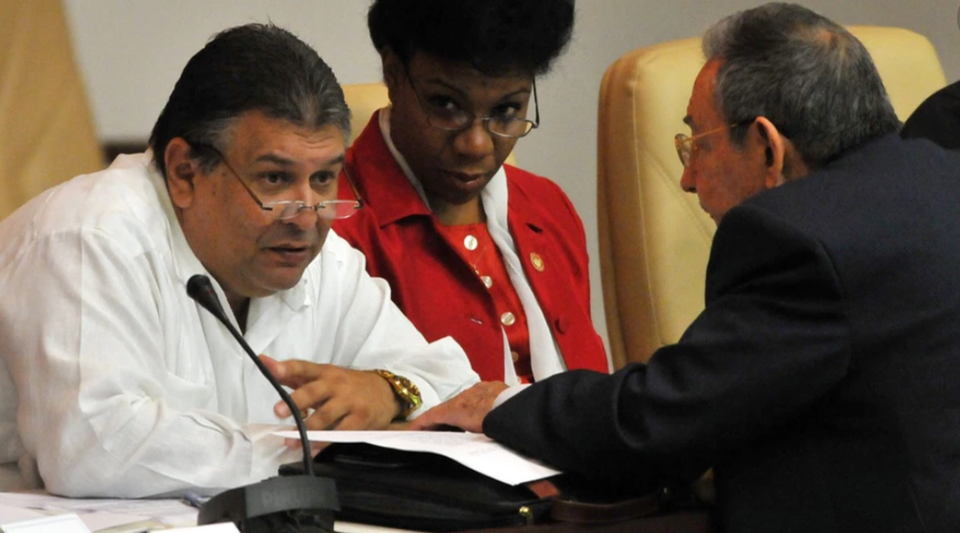For a country so obsessed with and in need of increasing its exports, it must have been difficult to have to admit that not everything has gone as planned in this area in 2021, but this happened during the recent sessions of Cuba's National Assembly.
The Minister of Economy and Planning, Alejandro Gil, reported that export targets for such important items as tobacco and rum have not been met, and that revenue objectives for nickel were only reached only due to an increase in international prices, as the export of physical units was actually lower. What about sugar? The figures must have been so bad that the official did not even bother to cite them.
More serious than the above were the poor results in the export of services, which, until now, together with remittances, have represented the country's largest sources of revenue. With only two months to go until the end of the year, the exportation of services has generated only 67% of the revenue set down in the plan, such that it is bound to fall short. The authorities blame the failure on Covid-19, which practically paralyzed tourism activity, but it is also necessary to consider the recent decrease in revenue from medical missions abroad.
With regard to domestic production, especially agricultural products, the shortfalls have been notable. The production of items such as rice, corn, beans, pork, eggs and milk have been weaker than what the plan envisioned. Although the minister did not say so, many of these deficiencies are due to producers weary of the State's failure to pay them on time for what they deliver. In the case of milk, for example, it has come to light that, in the province of Villa Clara alone, dairy farmers' drop in milk delivery so far this year tops more than eight million liters. These producers, at times, have had to wait up to 40 days to collect on deliveries made to the State.
It was announced at the meeting that, at the end of September, there were 541 state-owned companies posting losses. Minister Gil, although he asserted that resource problems and material limitations had an impact on this, conceded that "it would be necessary to delve into subjective issues, which were not negligible." We could relate such a statement to the fiscal deficit announced by the Minister of Finance and Prices, Meisi Bolaños (according to her, reducing it is the main challenge facing the State Financial Administration), and to the words surrounding this matter pronounced by Prime Minister Manuel Marrero.
According to Marrero, budgetary expenditures to save the finances of some entities presenting losses due to theft, diverted resources, and illegalities are impacting the aforementioned deficit. And, once again (will it ever end?) it was noted that the budget is in no condition to withstand such anomalies.
Finally, Marino Murillo was given the unpleasant task of recognizing the unsustainable conditions that Cuban retirees endure, especially those who receive the minimum amount set by the "Ordering Task," which amounts to 1,528 pesos per month. Murillo announced that the inflationary spiral that the country is experiencing had driven the cost of the "set of typical goods and services" up to 2,821 pesos at the end of August - even higher than the nation's minimum wage, set at 2,100 pesos.
Murillo concluded: "This last figure, that from August, is 1.85 the cost of the set we used to calculate the minimum pension, which means that those who have a pension, or earn minimum wage, cannot consuming as we had planned."
Of course, for the upper echelons in power, Marino Murillo represents the failure of the Ordering Task, although they are reluctant to publicly accept the policy's disastrous results. Apparently, they want to scrap it, completely." His fall from the Political Bureau and the Central Committee of the Party was not enough; they have even dissolved the Commission for the Implementation of the Guidelines, which he headed. We have probably seen him for the last time.
